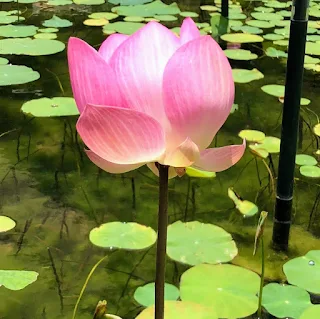Knock Knock (2015)
Director: Eli Roth
[Remake of Death Game (1977)]
From the movie Jurassic Park, we learnt of T-Rex's unique way of trapping its prey. With short, awkward dangling forelimbs and a bulky body but a voracious appetite for flesh, it had to devise its own way to entice potential dinner. It would send in or may in the vicinity of a benign and cuddly-looking small creature. When a more enormous creature (or human as in the movie) goes to admire the cute animal, T-Rex goes for the kill in the most brutal way.
Someone was warned in my circle when one member was quietly admiring a pretty young thing that passed on by. He was educated that humans also use this modus operandi to entice and pounce on their prey during their selective, lustful hunts.
After crying silently under the kingdom of masculine toxicity for so long, the fairer sex has turned the table since the inception of the rebel yell of #Metoo. Victims have turned predators most cunningly.
I had seen its trailer quite so often in cinemas before but got around to watching it. It must be one movie that Keanu Reeves would like to forget. He can indeed perform better than the appalling one displayed here. The plot is so flimsy and full of holes. The original film it is based on, Death Game (1977), is not much better. Both can pass off as low-budget soft porn.
A goody two-shoes husband and father of two is home alone while the family is away. On a wet stormy night, two free-spirited young ladies knock on his door, soaking wet. They had got their friend's address all mixed up and were stranded. The good Samaritan takes them in to offer blankets and dry off their clothes. Things get complicated when they become too cosy with the host, flirt with him and refuse to leave the house the following day after a night-long steamy tryst. They make themselves at home, hold him hostage and turn the home he had built upside down.
It is not that feminism has gone awry, says my other half. The male species also needs to take part of the blame. The idea of restraint and fear of retribution seems to become an alien concept day by day. Nothing is sacrosanct anymore, and nothing is shameful anymore. It is one thing to rise from the ashes and utterly different from rubbing one's face with soot and saying, "There is nothing wrong here!"
.jpeg)








_poster.jpg)










